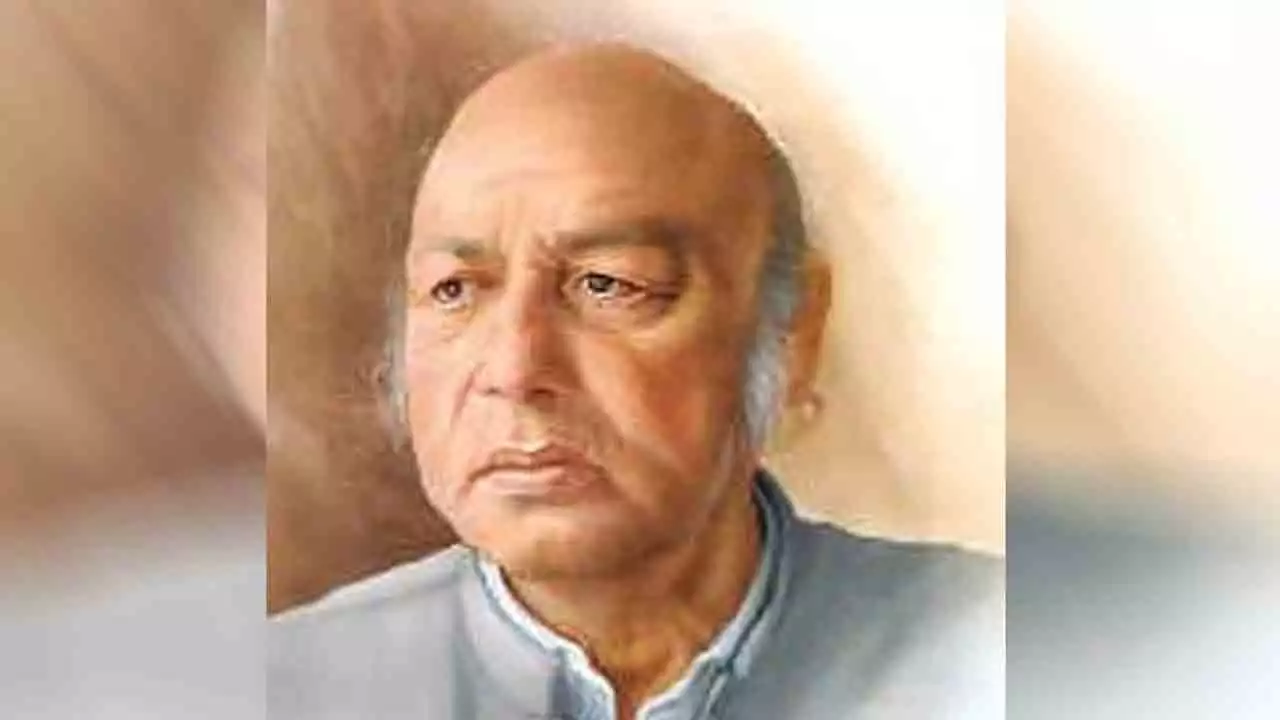In a recent program segment, Sindhi actor Ali Gul Mallah sparked controversy by advising actress Darfashan to lose weight after being shown her picture. This comment has ignited a wave of criticism from both showbiz personalities and fans of Darfashan, highlighting the ongoing issue of body shaming in the entertainment industry.
Criticism from Industry Peers
Prominent actress and host Mishi Khan was quick to condemn Mallah’s comments. In a video shared on Instagram, she expressed her disapproval of his remarks, emphasizing the inappropriateness of body shaming a woman during an interview. “It is very inappropriate to say such things to a woman during an interview,” Khan said. She further elaborated that making unsolicited comments about someone’s weight, whether in a public setting or private conversation, is not acceptable. “Before saying anything, you should weigh what you are saying,” she added, suggesting that if Mallah felt compelled to give such advice, it should have been done privately and respectfully.
Khan’s stance was that such comments not only undermine the individual being targeted but also perpetuate harmful societal standards regarding body image. She pointed out that Darfashan is well-loved by her audience as she is, and there was no need for Mallah to make such a remark.
Support from Fans and Other Celebrities
The backlash against Mallah did not end with Mishi Khan. Host and model Mathira also voiced her criticism, questioning the persistent judgment of women’s bodies by men. “When will we stop judging people’s size and complexion?” Mathira asked, highlighting the broader issue of body shaming that affects many, especially women in the public eye. She expressed frustration over the continuous scrutiny of women’s weight, suggesting that such attitudes are outdated and harmful.
Fans of Darfashan have also taken to social media to defend the actress and criticize Mallah. Various comments across platforms express disappointment and anger over his comments, with many pointing out that Darfashan’s talent and personality are far more important than her physical appearance.
The Broader Issue of Body Shaming
This incident has brought to light the pervasive issue of body shaming in the entertainment industry and society at large. Body shaming, whether directed at women or men, can have severe psychological impacts, including lowered self-esteem, anxiety, and depression. The criticism of Mallah’s comments underscores a growing awareness and rejection of body shaming, advocating for a more inclusive and respectful approach to discussions about body image.
Reflecting on the Role of Public Figures
Public figures, such as actors and hosts, hold significant influence over societal norms and attitudes. Their words can shape public perceptions and either contribute to harmful stereotypes or help dismantle them. The reactions to Mallah’s comments suggest a shift towards greater accountability and sensitivity among public figures regarding issues of body image.
Moving Forward
In light of the controversy, there is a call for more constructive and positive discourse within the entertainment industry. Rather than focusing on physical appearance, there is a push to celebrate individuals for their talents, achievements, and character. This shift requires a collective effort from industry insiders, media professionals, and audiences to challenge and change the narrative around body image.
Ali Gul Mallah’s remarks have inadvertently sparked an important conversation about body shaming and the need for a more empathetic and supportive approach to discussing body image. As criticism continues to mount, it is hoped that this incident will serve as a catalyst for change, encouraging a more respectful and inclusive culture within the entertainment industry and beyond.
While Mallah’s comments were undoubtedly inappropriate and hurtful, the strong backlash they have received from both celebrities and fans reflects a positive move towards rejecting body shaming and promoting a healthier, more respectful dialogue about body image.



